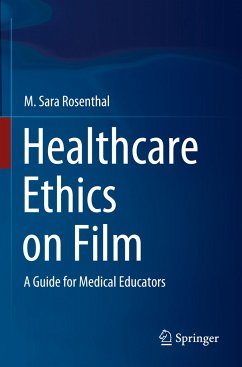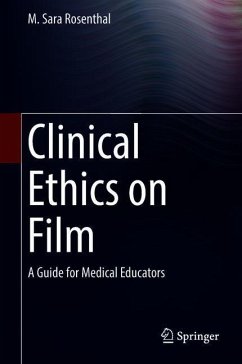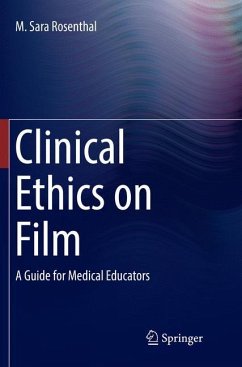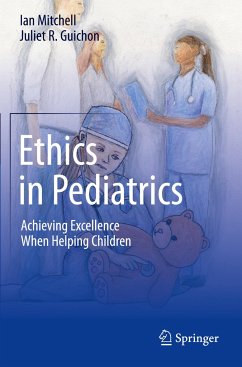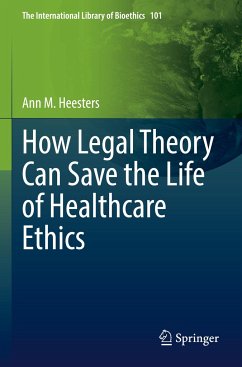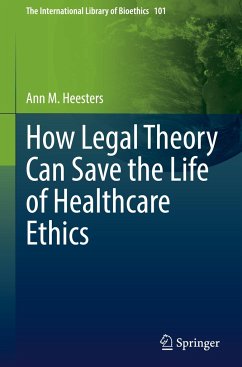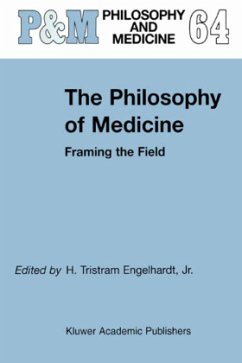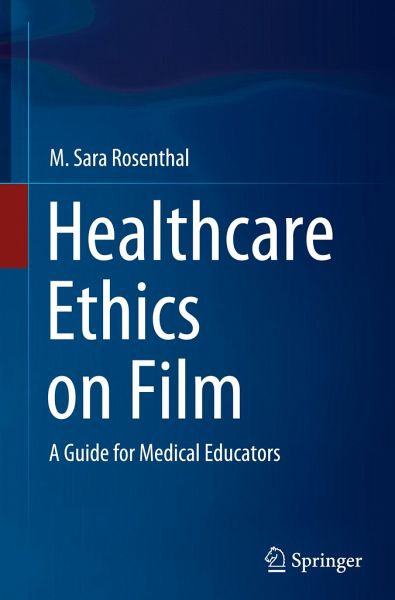
Healthcare Ethics on Film
A Guide for Medical Educators
Versandkostenfrei!
Versandfertig in 6-10 Tagen
53,99 €
inkl. MwSt.
Weitere Ausgaben:

PAYBACK Punkte
27 °P sammeln!
This book is a companion to Clinical Ethics on Film and deals specifically with the myriad of healthcare ethics dilemmas. While Clinical Ethics on Film focuses on bedside ethics dilemmas that affect the healthcare provider-patient relationship, Healthcare Ethics on Film provides a wider lens on ethics dilemmas that interfere with healthcare delivery, such as healthcare access, discrimination, organizational ethics, or resource allocation. The book features detailed and comprehensive chapters on the Tuskegee Study, AIDS, medical assistance in dying, the U.S. healthcare system, reproductive just...
This book is a companion to Clinical Ethics on Film and deals specifically with the myriad of healthcare ethics dilemmas. While Clinical Ethics on Film focuses on bedside ethics dilemmas that affect the healthcare provider-patient relationship, Healthcare Ethics on Film provides a wider lens on ethics dilemmas that interfere with healthcare delivery, such as healthcare access, discrimination, organizational ethics, or resource allocation. The book features detailed and comprehensive chapters on the Tuskegee Study, AIDS, medical assistance in dying, the U.S. healthcare system, reproductive justice, transplant ethics, pandemic ethics and more. Healthcare Ethics on Film is the perfect tool for remote or live teaching. It's designed for medical educators and healthcare professionals teaching any aspect of bioethics, healthcare ethics or the health sciences, including medical humanities, history of medicine and health law. It is also useful to the crossover market of film buffs and other readers involved in healthcare or bioethics.





